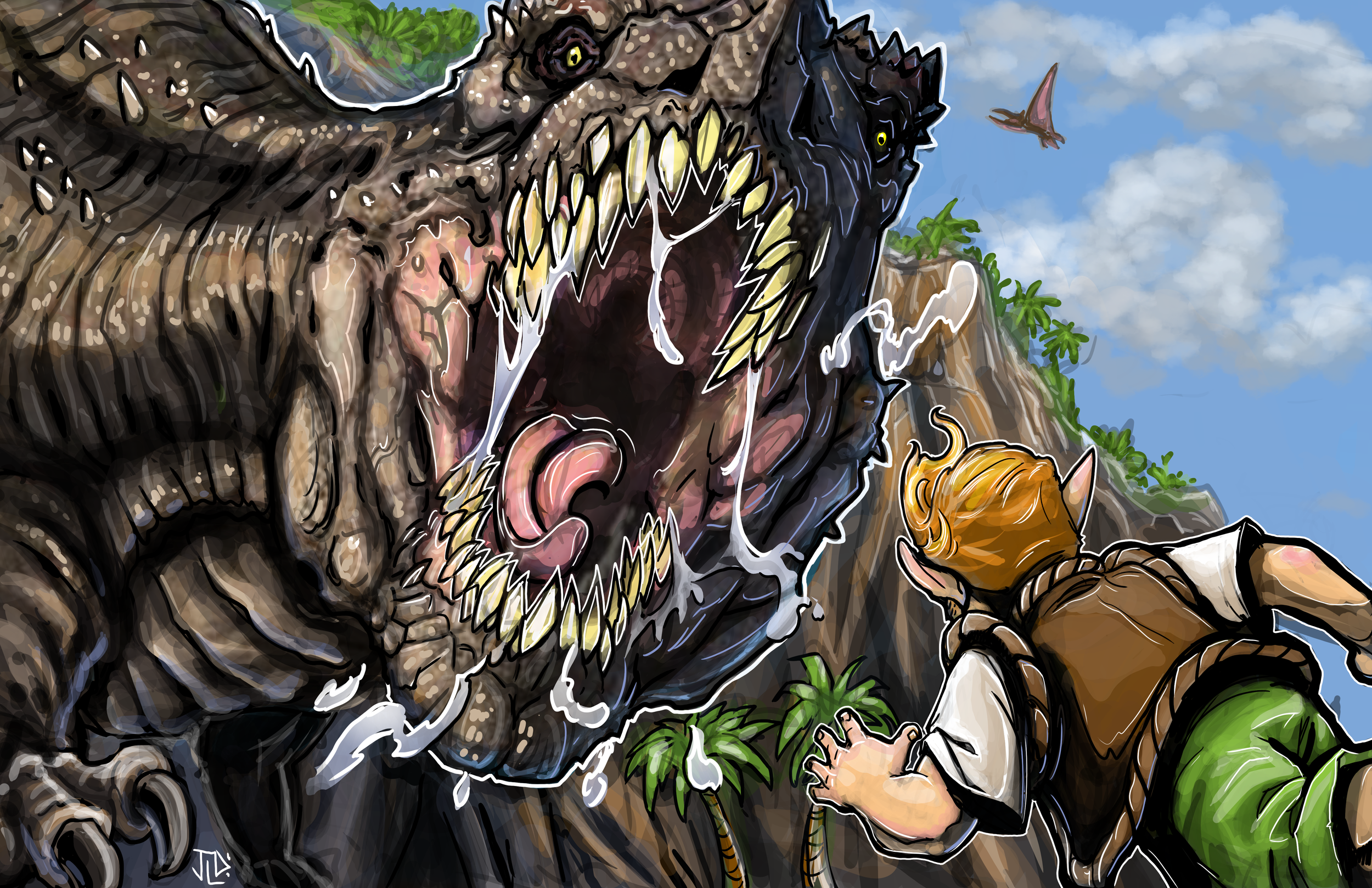Complete Guide to the History Skill in D&D 5e
Of the four knowledge skills (this, Arcana, Nature, and Religion), History is frequently seen as the least useful. It has no quantifiable game actions that call for it, and the information gathered through its use is frequently either inconsequential to the plot, or so important that the DM is practically tripping over themselves to give it to you, in which case how well you do on the roll may not even matter much. This makes History one of the least popular skills in the game, with few players even considering selecting it when creating their character.
That begs the question; how, as DMs, do we make this skill worth taking? Looking at published adventure modules doesn’t provide much help. A read through of one of those might see this skill come up 2-3 times, and either matter very little or matter so much that not succeeding the check has disastrous results. Defaulting to these extremes is not good game design, as we shouldn’t punish players for not investing in a skill that both looks useless, and actually is useless 99% of the time.
First off, let History be used to gather information about things in the present. Let’s start with a simple example: potential monsters that the party thinks they may face soon. Most types of monsters have some sort of history associated with them, either explicitly laid out in their printed book, or custom designed for your world. Mindflayers, for example, have a very rich history that is well documented in the Forgotten Realms, and researching this history could provide fantastic insights on how to deal with one. This could range from their damage resistances, details about their mental attacks, potential minions they may have, and how previous adventures have dealt with them in the past. Basically, as long as this isn’t a brand new monster, your players should be able to gather info about them through a History check.
In politically driven campaigns, History checks could be used to discover information about past events, even things that happened fairly recently. Don’t be too literal with the “History” thing, recent events that your player’s characters could learn about through word of mouth or recent journalism should totally be on the table with this skill. A good History check could help a party find clues as to why the king has suddenly fallen ill, such as recent new hires in his castle’s kitchen who may have poisoned him. Basically, use History in place of Investigation wherever applicable.
Finally, I’ll mention that History should be used whenever your party has questions about a legendary NPC or event (except for when Religion would be more applicable). Reward your players for a good History roll with potential additional options for how to deal with or appease that NPC, such as the best gift to give that noble when invited to his party, or the secret weakness of the lich who is about to overrun the countryside with undead. That being said, make the results of the roll matter. Have a plan for if the player fails the check. For the example of that noble, raise the DC of the Persuasion check needed for the party to get them to help their cause. For that lich, have multiple ways in your head that the party could deal with them, with succeeding the check providing potentially the easiest (or just coolest) route to victory. You don’t have to have it all planned out now, you just need to plan out the options, the rest can be formulated later.
I know this has been an article more for DMs than players, but simply put, there’s not much I can talk about when it comes to this skill for players. There’s no synergies with it and any features or spells, and nothing that really cares about it besides the skill check itself. DMs out there, next time you start a campaign, give a player in your campaign this skill, either by encouraging them to take it or just giving it for free, and then make efforts to call for it at least once every few sessions. Make it clear to your players that these rolls will matter, and they will start to seek opportunities to use it by doing more research before they dive into the next catastrophe. This also has the added benefit of allowing you to expand your world, add interesting lore, and gives you more time to plan stuff out that your party wants to do. You can bet that if a party spends 30 minutes researching all about how to beat up Mindflayers, they’re going to be itching to fight some Mindflayers! This helps reduce the amount of times you as the DM find yourself unprepared for what your party wants to do. So have your party hit the books, you’d be surprised how fun and rewarding it can be!
Check out Prince Phantom on Twitch!
Thank you for visiting!
If you’d like to support this ongoing project, you can do so by buying my books, getting some sweet C&C merch, or joining my Patreon.
The text on this page is Open Game Content, and is licensed for public use under the terms of the Open Game License v1.0a.
‘d20 System’ and the ‘d20 System’ logo are trademarks of Wizards of the Coast, Inc.
and are used according to the terms of the d20 System License version 6.0.
A copy of this License can be found at www.wizards.com/d20.



